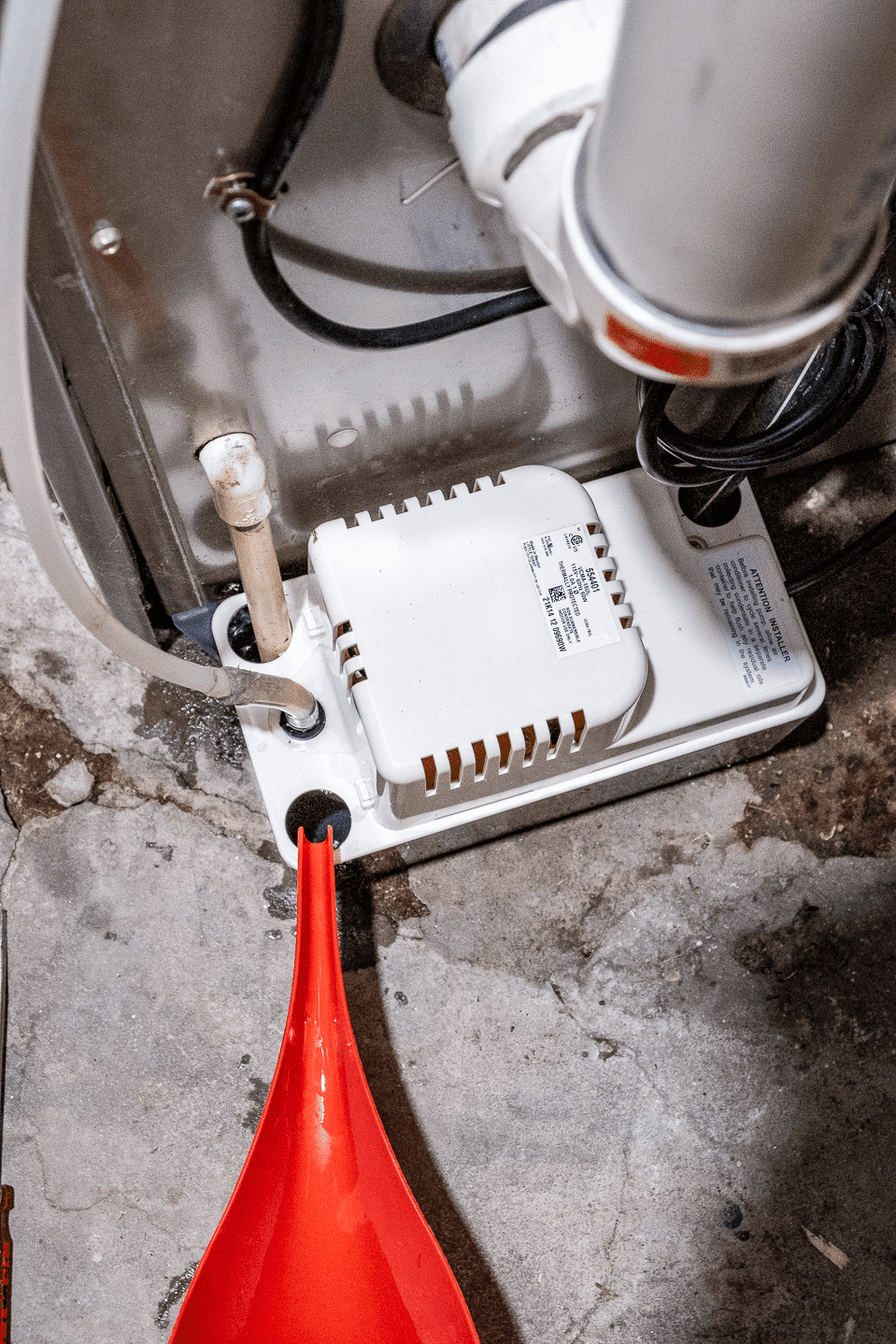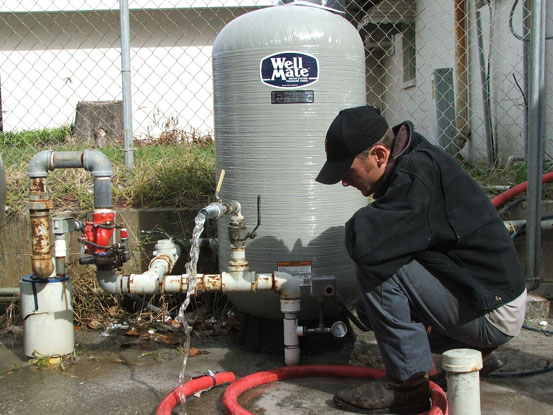High-grade Water Filtration Systems: Making Certain Tidy and Pure Consuming Water
High-grade Water Filtration Systems: Making Certain Tidy and Pure Consuming Water
Blog Article
Comprehending the Secret Parts of Effective Water Filtering Solutions

Significance of Water Purification Equipment
Water purification systems play a crucial duty in making certain access to safe and clean drinking water by efficiently eliminating pollutants and impurities. These systems are necessary in addressing the expanding issues over water quality and the potential health and wellness dangers related to taking in contaminated water. By making use of numerous purification mechanisms such as reverse osmosis, turned on carbon, and UV sterilization, water filtration systems can successfully remove damaging substances like bacteria, infections, heavy steels, and chemicals from the supply of water.
Additionally, water filtration systems assist to boost the taste and smell of water by removing chlorine, debris, and various other toxins that can affect its high quality. Water Softeners. This enhancement in water top quality not only makes it more palatable however additionally urges individuals to drink a sufficient amount of water daily, advertising better hydration and total wellness
Kinds Of Filtering Components

Physical filters are made to literally stress out contaminations from the water. These filters can be made of products like ceramic, carbon, or even sand, and they function by capturing fragments bigger than the filter's pores as water travels through.
Chemical filters make use of different chemical procedures to eliminate pollutants from the water. Examples consist of triggered carbon filters, which adsorb impurities, and reverse osmosis membrane layers, which use stress to separate impurities from the water.
Organic filters use living microorganisms like algae or germs to damage down organic issue and contaminants in the water. These filters are commonly used in wastewater treatment plants or natural water purification systems.
Understanding the different types of purification components is important for picking the most ideal water purification system for particular filtration demands.
Function of Sediment Filters
Debris filters play a vital duty in water purification systems by successfully catching strong fragments suspended in the water. These filters are typically the first line of defense in a filtering system, eliminating bigger fragments such as sand, silt, dirt, and rust before the water moves via finer filtering stages. By capturing these sediments, the filters prevent them from getting to downstream components, hence prolonging the life expectancy and effectiveness of the entire system.
Overlooking this upkeep can lead to blocking, reduced water flow, and compromised filtering effectiveness. In general, sediment filters are vital components that contribute significantly to the effectiveness of water filtration systems.
Role of Activated Carbon Filters
Playing an important role in water purification systems, triggered carbon filters contribute in getting rid of impurities and impurities from the water supply. These filters are made to adsorb and trap a large range of contaminants, consisting of chlorine, volatile organic compounds (VOCs), pesticides, and herbicides. The triggered carbon product has a large surface, enabling the efficient capturing of impurities with a procedure called adsorption. As water goes through the filter, the triggered carbon draws in and holds onto the contaminations, ensuring that the water that appears on the other side is cleaner and safer for usage.
Activated carbon filters are very reliable at enhancing the taste and smell of water by reducing chemicals that can impact its top quality. Due to their versatility and dependability, activated carbon filters are a key component in guaranteeing that water is detoxified to the greatest criteria prior to reaching consumers.
Comprehending Reverse Osmosis Solutions
Reverse osmosis systems are innovative water purification systems that employ an advanced procedure to remove pollutants and pollutants from drinking water. These systems function by using stress to the water, forcing it through a semi-permeable membrane. This membrane layer functions as a barrier, allowing just distilled water molecules to travel through, while obstructing larger molecules such as minerals, chemicals, and other impurities. Consequently, the water that appears on the other side is considerably cleaner and more Continued secure for usage.
In addition, reverse osmosis systems are fairly low-maintenance and can be set up under the sink or in a central purification system, supplying hassle-free accessibility to tidy water throughout the house. Generally, understanding how reverse osmosis systems work can aid individuals make notified decisions concerning their water filtering requirements.
Conclusion
Finally, efficient water filtering systems are important for making certain clean and risk-free alcohol consumption water. The vital elements of these systems include debris filters, activated carbon filters, and turn around osmosis systems. By recognizing the function and function of each component, individuals can make informed decisions when selecting a water read review filtering system. It is very important to prioritize the high quality of water in order to promote general health and health.
Water filtering systems play a critical duty in ensuring accessibility to tidy and safe alcohol consumption water by effectively eliminating pollutants and contaminants. By using different filtration mechanisms such as reverse osmosis, turned on carbon, and UV sterilization, water filtration systems can efficiently remove unsafe materials like microorganisms, viruses, heavy metals, and chemicals from the water supply.
Sediment filters play a crucial function in water filtering systems by efficiently capturing strong particles put on hold in the water (Water Softeners).Playing a crucial role in water filtering systems, activated carbon filters are look what i found instrumental in getting rid of impurities and pollutants from the water supply.Reverse osmosis systems are innovative water filtration systems that use an innovative procedure to get rid of contaminants and impurities from drinking water
Report this page